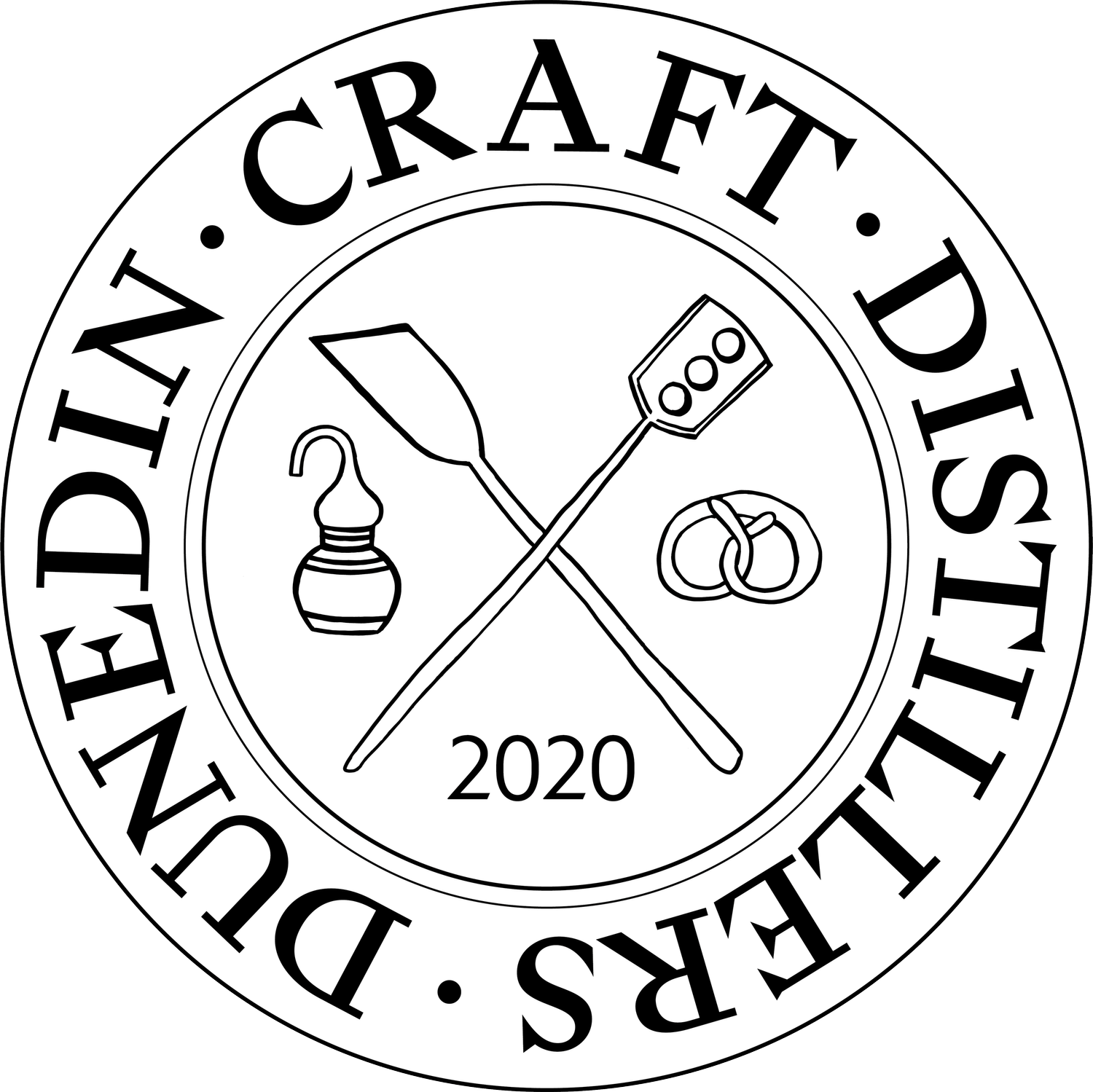Dunedin Craft Distillers is committed to sustainability.
We believe that everyone has a role to play in protecting the environment, and we are committed to minimising the impact of our business on our increasingly fragile planet. We need to find ways to reduce our water use, our greenhouse gas emissions, and our overall environmental impact. We need to find ways to use renewable energy and sustainable packaging.
We built our distillery from the ground up with sustainability in mind. Since inception, our goal has been to divert waste bread from landfills. The spirit industry is notorious for waste. We wanted to do things differently, but we knew that upcycling waste was just a part of the solution.
Our distillery is now powered by Ecotricity.
All distilleries require significant energy for the distillation process and ours is no different. For this reason, we have chosen to power our distillery with 100% renewable, Toitū climate positive certified energy supplied by Ecotricity.
Ecotricity is New Zealand’s first and only 100% climate positive energy supplier and is certified by the independent third-party auditor: Toitū.
Utilising food waste as our raw material and sourcing power from Ecotricity are critical decision points in our journey. We plan to make many more changes that will further reduce our impact on the environment and we want to share this journey with our customers. Good spirits are meant to be enjoyed. But winning medals and tasting good are not enough.
Here are 5 great reasons to choose spirits made from food waste.
Waste reduction: Bread is one of the most wasted food items globally. By using waste bread to make gin, Dunedin Craft Distillers helps to divert food waste from landfills.
Reduced greenhouse gas emissions: When food waste decomposes in landfills, it releases methane, a potent greenhouse gas. By diverting bread waste from landfills and using it for alcohol production instead, the emissions of methane can be reduced. Our waste solids are used for animal feed or sent to commercial compost. This helps mitigate climate change and contributes to a more sustainable waste management system.
Resource conservation: Traditional alcohol production typically relies on crops such as barley, wheat, corn, or sugarcane. By using waste bread instead, valuable agricultural resources can be conserved. This approach reduces pressure on agricultural land, reduces water usage, and minimises the need for chemical inputs associated with crop production. In NZ, many spirit producers use alcohol made from whey, a dairy industry by-product and a valuable source of natural milk sugar (lactose). This is positive but lactose is also a valuable substrate for many infant foods and pharmaceuticals.
Economic opportunities: Alcohol production from waste bread creates new economic opportunities. It enables the development of a sustainable circular economy, where bakeries, restaurants, or other food establishments can sell or donate their leftover bread to alcohol producers. This can potentially lead to job creation and revenue generation in the recycling and alcohol production sectors
Consumer awareness and engagement: Alcohol production from waste bread raises awareness among consumers about the importance of reducing waste, reusing resources, and making sustainable choices.
We believe that everyone has a role to play in protecting the environment. By choosing Dunedin Craft Distillers, you can help to make a difference. All our spirits are made from waste bread, powered by 100% renewable climate positive energy from Ecotricity, and taste great!
References
Beverage Industry Environmental Roundtable (2012). Research on the Carbon Footprint of Spirits. https://www.bieroundtable.com/publication/spirits/
Bevvi (2023). The Carbon Footprint of Alcohol. https://www.linkedin.com/pulse/carbon-footprint-alcohol-getbevvi/
Espinoza-Orias, N., Stichnothe, H. & Azapagic, A (2011). The carbon footprint of bread. Int J Life Cycle Assess 16, 351–365 (2011). https://doi.org/10.1007/s11367-011-0271-0
Gerrard, Juliet (2022). Food waste series - Report 1: Food waste: A global and local problem. The Office of the Prime Minister’s Chief Science Advisor. Report. https://doi.org/10.17608/k6.OPMCSA.20164736.v2
